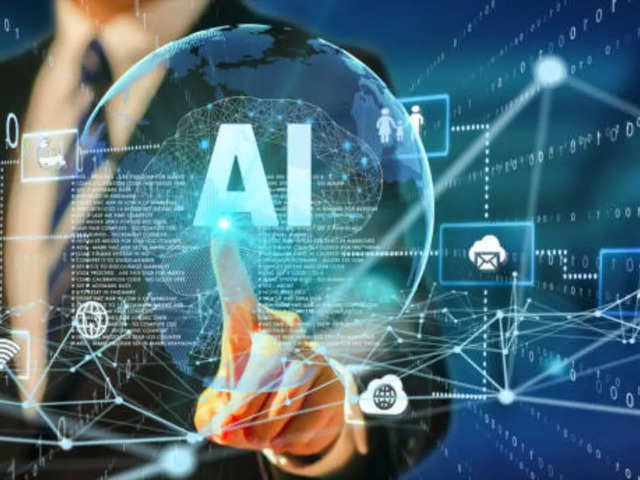
Current State of AI in Software Engineering
Artificial Intelligence has made significant inroads in software development. Tools like automated code generators, bug fixing algorithms, and AI-powered testing bots are already reshaping how software is created and maintained. While these tools enhance the productivity of software engineers, they are not yet capable of completely replacing human intuition and creativity. Here are some key areas where AI is currently being utilized in software engineering:- Code Generation: AI tools can draft code snippets and sometimes entire modules, but they require human oversight to ensure quality and correctness.
- Bug Detection: AI systems can scan code for discrepancies and potential errors, significantly speeding up the debugging process.
- Test Automation: Automated test suites can run thousands of tests with ease, allowing engineers to focus on more complex tasks.
Prospects of AI Replacing Engineers
| Aspect | Human Software Engineer | AI Software Engineer |
|---|---|---|
| Creativity | Excellent | Developing |
| Error Detection | Good | Very Good |
| Adaptability | Very Good | Variable |
| Learning | Continuous | Data-Dependent |
| Problem Solving | Intuitive | Algorithmic |
Changing Role of Software Engineers
Instead of replacement, a more accurate term might be transformation. The role of software engineers is likely to shift towards higher-level design, problem-solving, and overseeing AI-generated code. Professionals may need to adapt by gaining skills in AI utilization, data analytics, and continuous learning. Future software engineers might focus on the following:- Developing AI algorithms and models tailored for specific industry needs.
- Integrating AI tools with existing development workflows.
- Ensuring that AI systems adhere to ethical standards and regulatory requirements.
Preparing for an AI-Integrated Future
To stay relevant, software engineers should focus on the following areas:- Learning and Adaptability: Continuously updating skills and adapting to new tools and technologies.
- Collaboration with AI: Understanding how to work alongside AI to enhance productivity and innovation.
- Specialization: Developing expertise in niche areas that require a deep understanding and human touch.
- Creative Problem Solving: Leveraging unique human capabilities such as creativity and intuition to solve complex problems.
Frequently Asked Questions Of Will Ai Replace Software Engineers By 2033?: The Verdict
Can Ai Technology Fully Replace Software Engineers?
AI is unlikely to fully replace software engineers as creativity, problem-solving, and complex decision-making are essential human skills that AI cannot replicate.
What Impact Might Ai Have On Software Engineering Jobs?
AI may automate routine tasks in software engineering, shifting focus towards more strategic, innovative work that requires human insight and expertise.
How Will Ai Advancement Affect Software Development?
Advancements in AI will accelerate software development, enhance code quality via automation, and necessitate continuous learning for engineers to work alongside AI.










